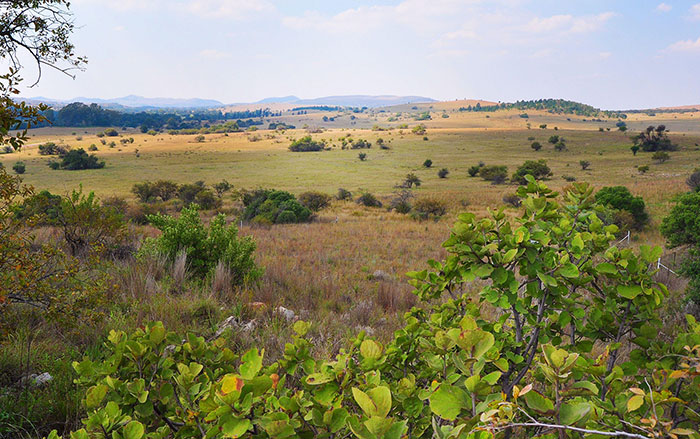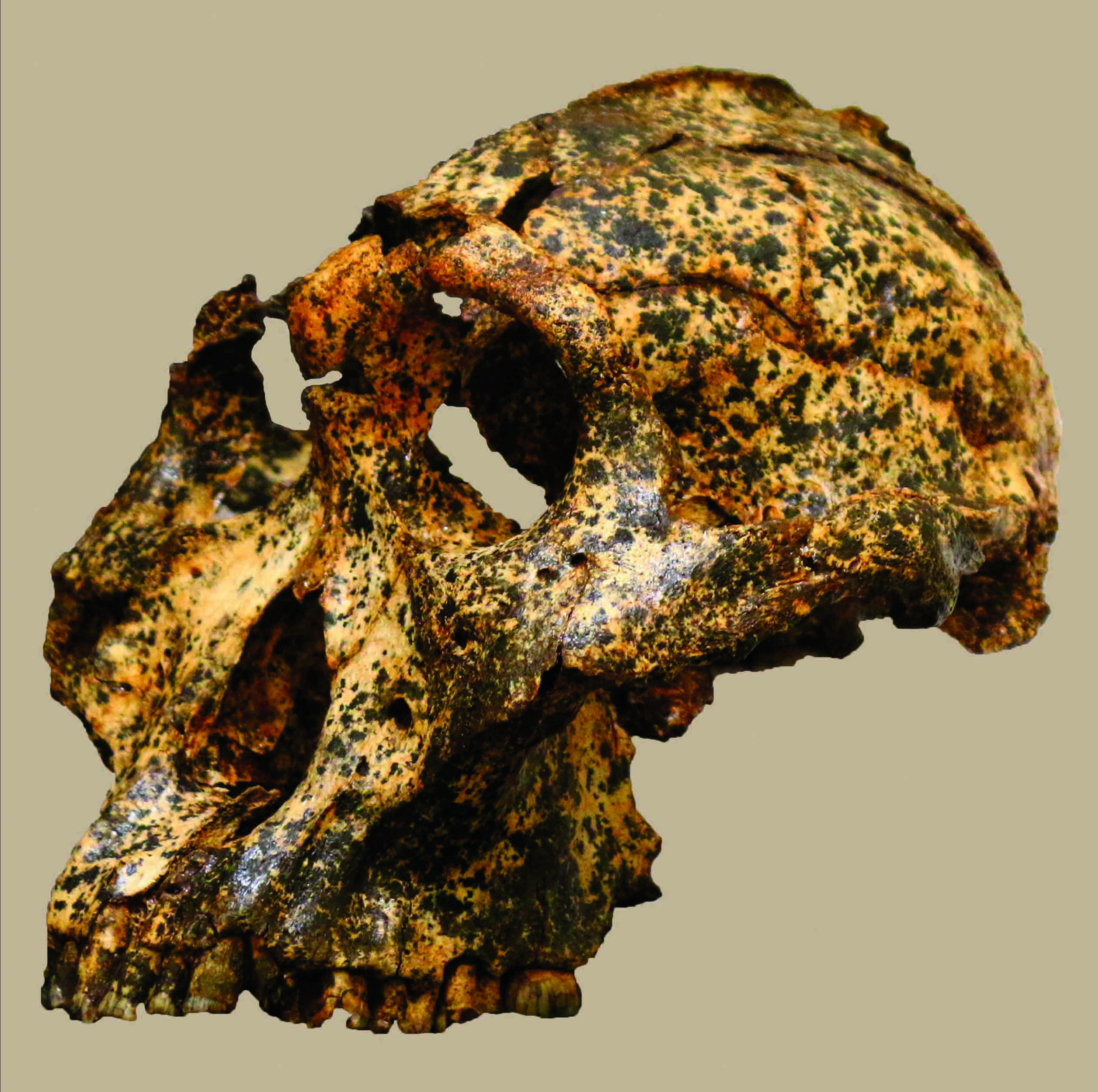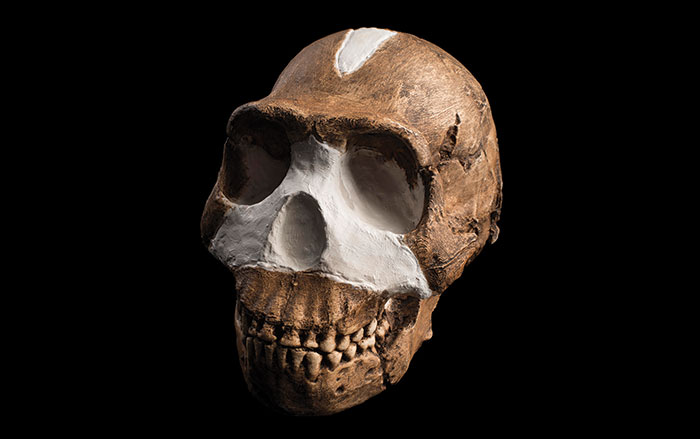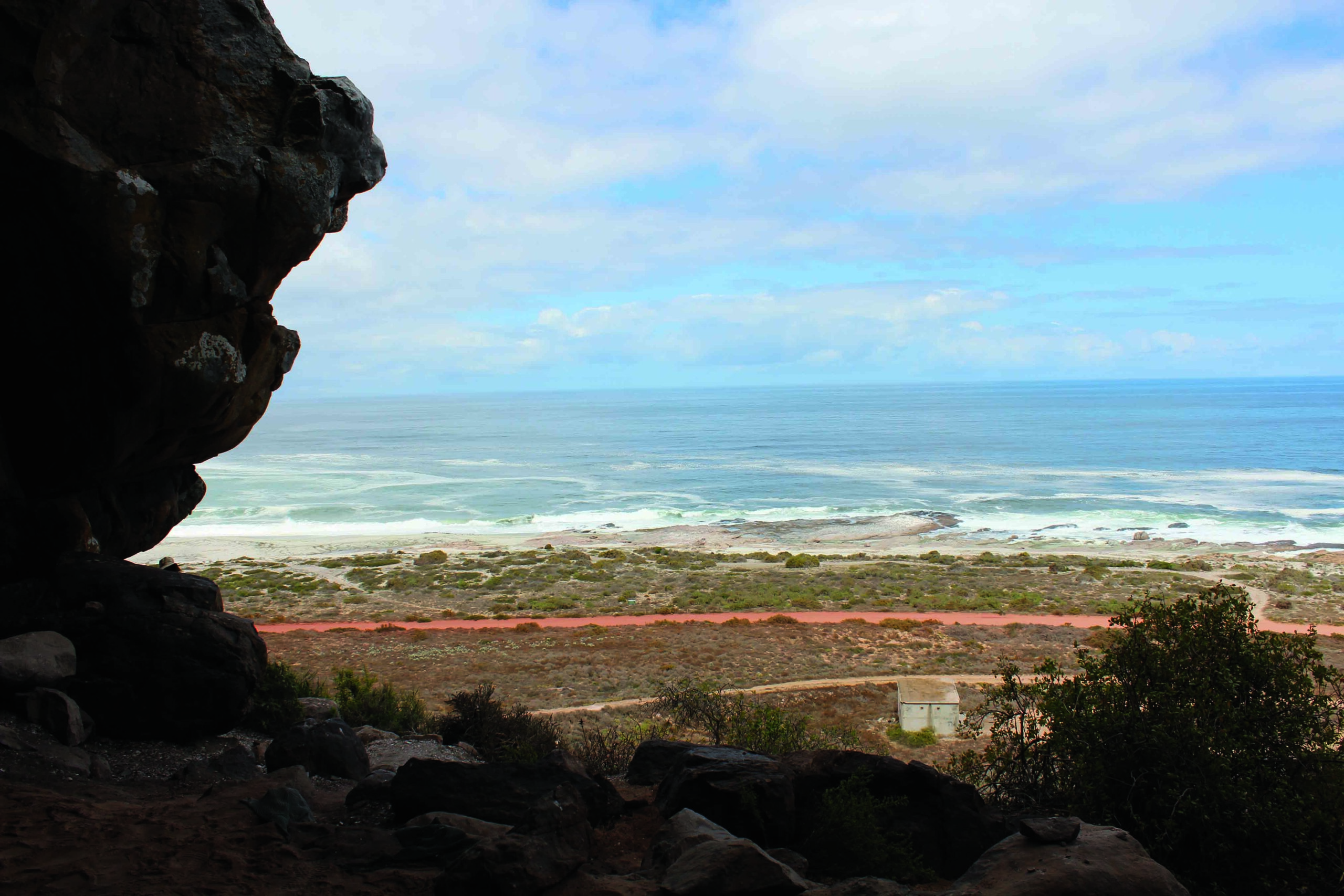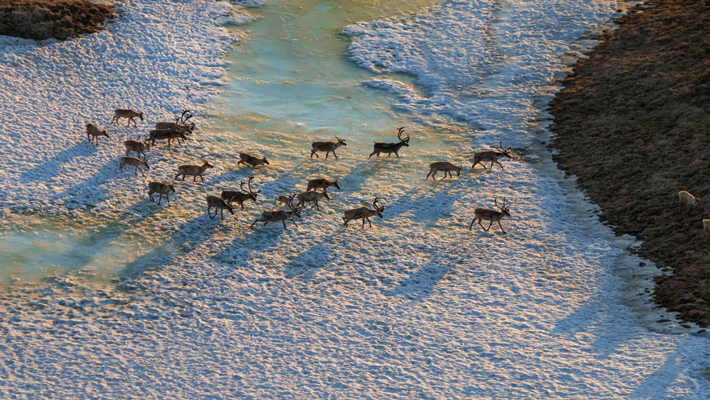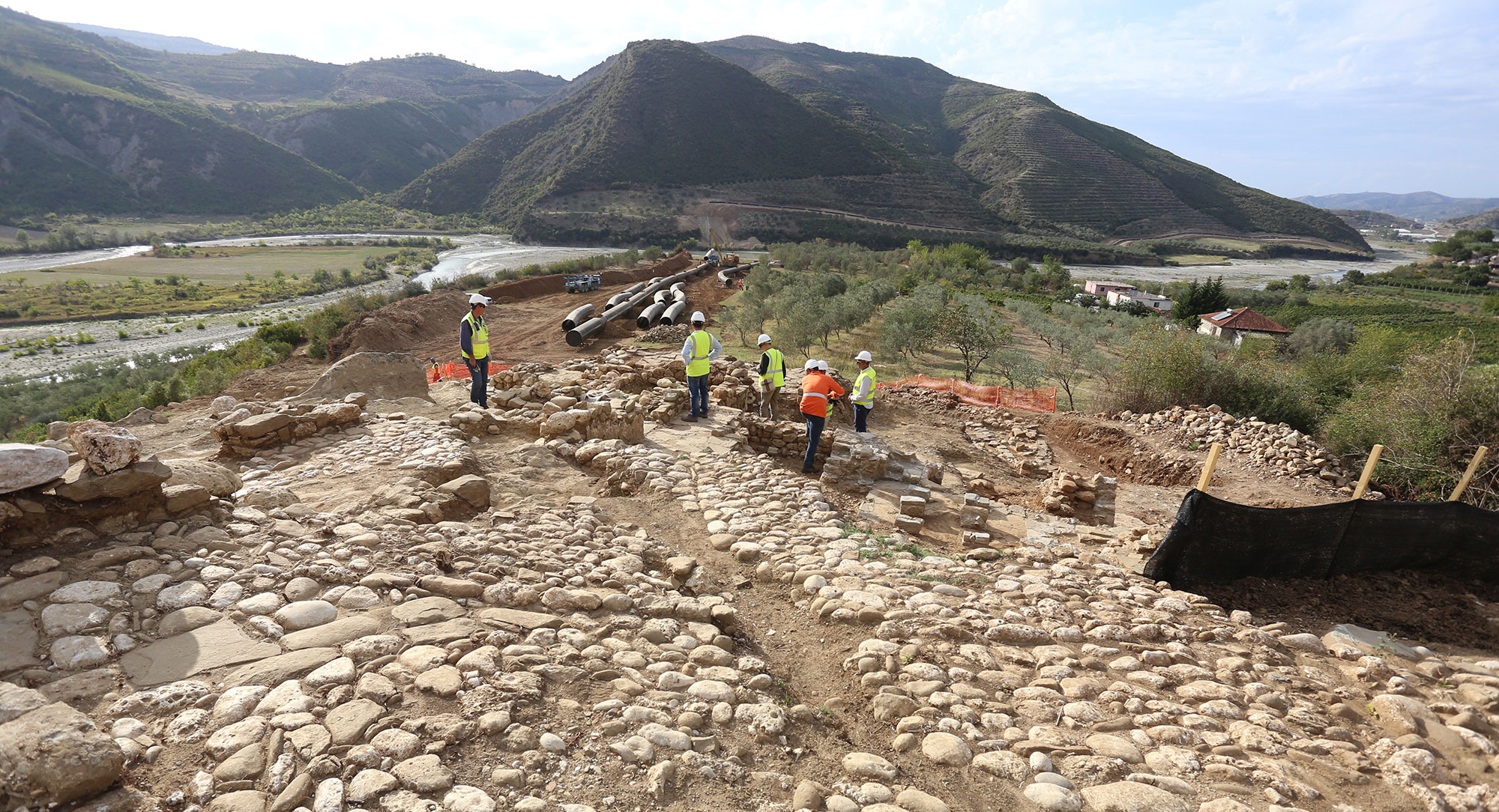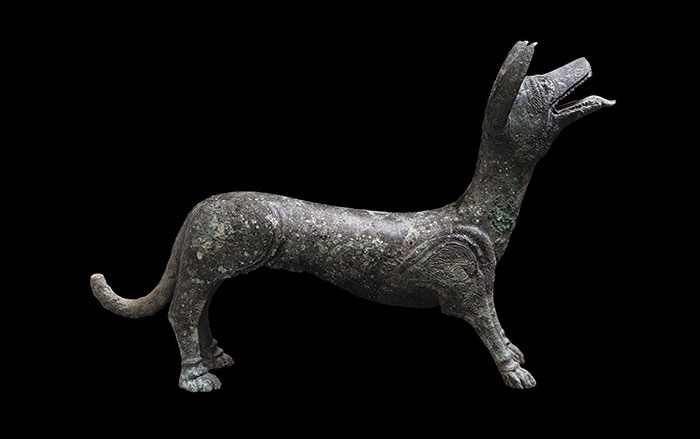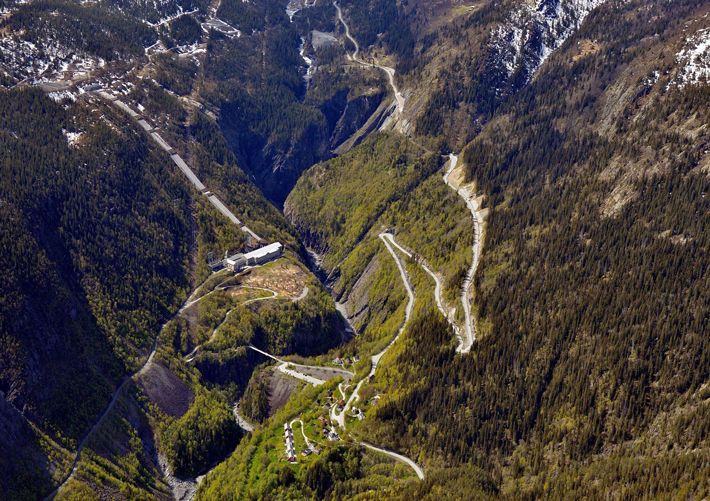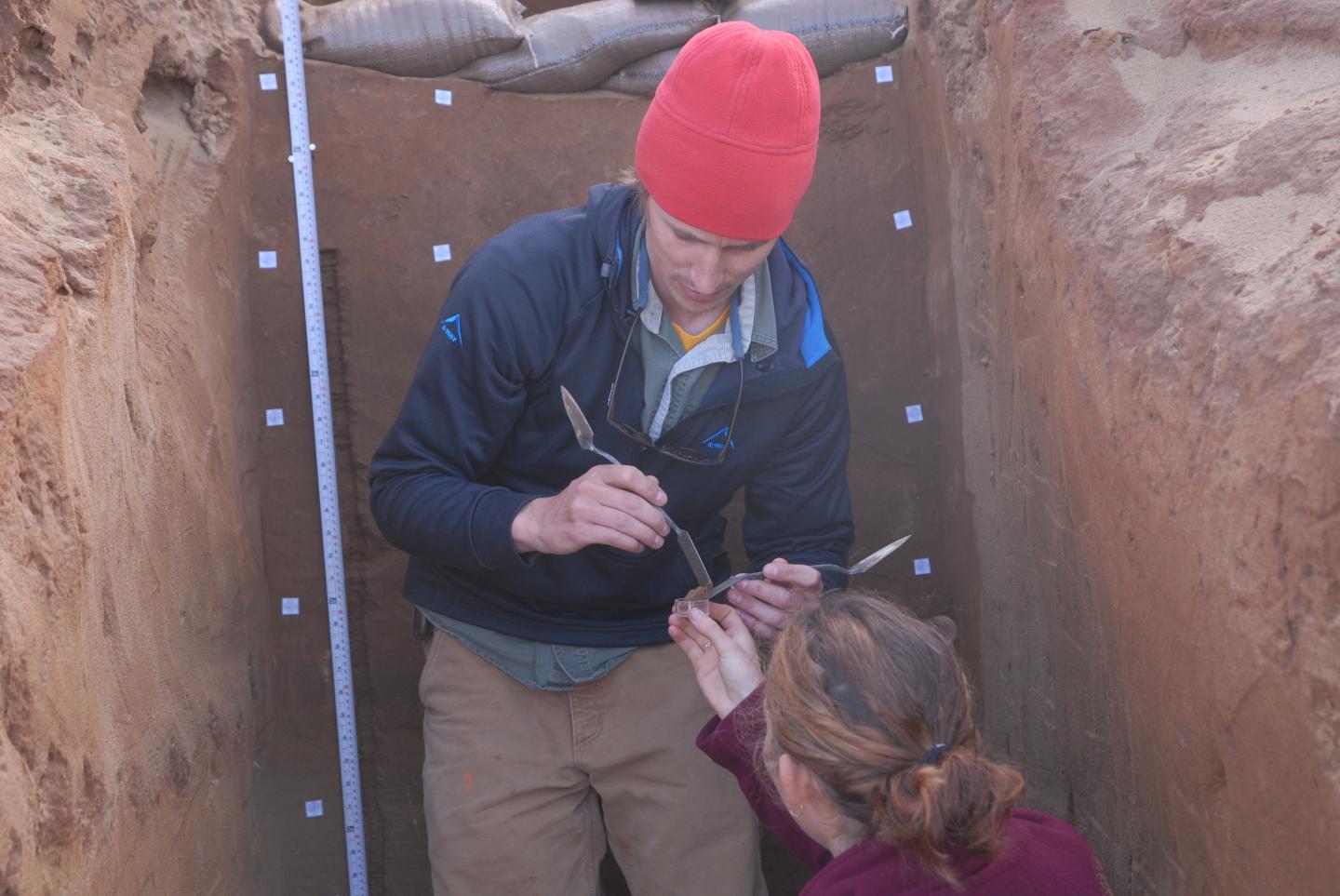
TEMPE, ARIZONA—According to a BBC News report, an international team of researchers has found evidence of human activity on the southern coast of South Africa, both before and after the cataclysmic eruption of Indonesia’s Mount Toba some 74,000 years ago. Both sites, one at a rock shelter and one in the open air on a beach, yielded shards of volcanic glass chemically fingerprinted to Mount Toba, which is located nearly 5,600 miles away. The scientists also found deposits of seashells from food preparation and stone flakes from toolmaking, and say the population of the groups that used these sites may have actually increased after the volcanic event, since they found an increase in the number of shells and stone flakes. It has been suggested that the eruption would have wiped out much of the global human population, but these coastal populations may have thrived after the ecological devastation, since they relied upon the sea for food. “We’re the first ones to really address the question of the Toba hypothesis in Africa,” said Curtis W. Marean of Arizona State University. “It’s in Africa that it really counts, because that’s the source location of modern humans.” To read about another discovery in South Africa, go to “The First Spears.”


